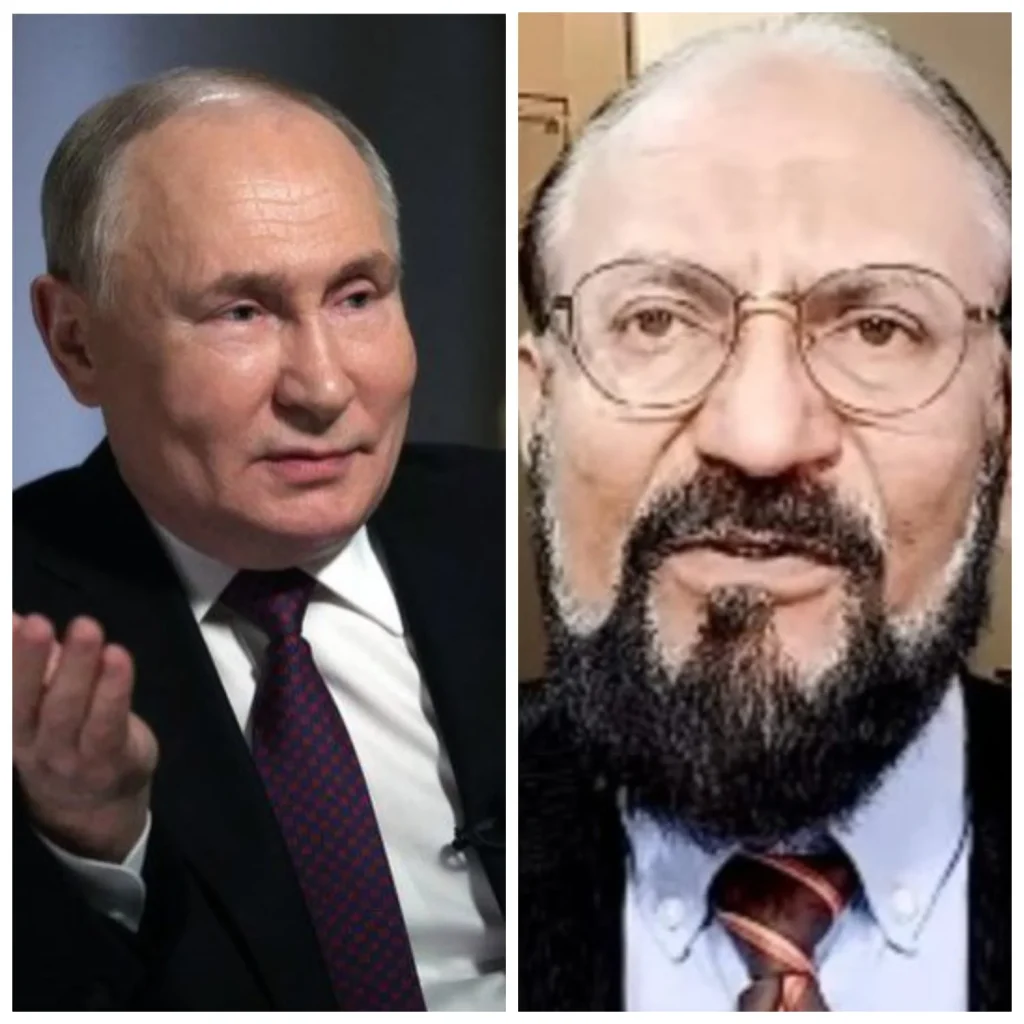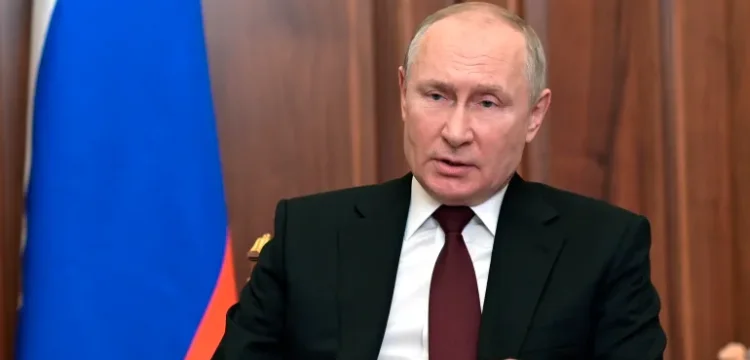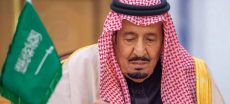Renowned analyst, international mediator, and head of the World Peace Mission, Muhammed Faisal, has issued a stern warning regarding the recent decisions made by the G7, suggesting that they may be compelling Russian President Vladimir Putin toward taking unilateral actions. His insights into the geopolitical landscape are not only timely but also deeply concerning, given the escalating tensions on the global stage.
Before Putin’s highly anticipated visit to North Korea, Faisal had already foreseen the signing of significant defense agreements between Russia and North Korea. This prediction came to fruition when it was later announced that Russia and North Korea had indeed agreed on strategic defense cooperation. According to Faisal, this move is a clear indication that Russia is meticulously aligning its partners for a comprehensive future war strategy. This strategy is further evidenced by Putin’s upcoming visit to Vietnam, a key player in the Asia-Pacific region.
Putin’s influence is also becoming increasingly apparent in the Middle East, as he solidifies Russia’s war strategies with Egypt and Libya. Faisal highlights that Iran’s current silence on these developments is particularly meaningful. He suggests that Iran is poised to play a critical role alongside Russia in the near future. Faisal’s analysis points to the possibility of a global conflict beginning as early as July 2024, which he predicts will initially involve conventional warfare with limited use of destructive weapons. However, he cautions that a single misstep could escalate this conflict into a full-scale war.
In discussing the cooperation between China and Russia, Faisal emphasizes the transformative potential of BRICS (Brazil, Russia, India, China, and South Africa). He asserts that the BRICS alliance is a game-changer, particularly in the context of the US dollar’s declining influence. Faisal’s observations indicate a significant shift in global power dynamics, with American supremacy waning and a new world order emerging from Asia.
Faisal also suggests that if Pakistan, the only Muslim-majority country with nuclear capabilities, stands firm alongside Russia, China, and Iran, the balance of global power could shift decisively toward Asia. This potential alliance would signal a dramatic realignment of international relations and could herald the rise of a new era dominated by Asian powers.
The international community, which has long viewed global politics through the lens of American dominance, must now acknowledge this significant shift. Faisal urges Europe to recognize the changing reality and to extricate itself from American influence. This emerging geopolitical landscape demands a reassessment of traditional alliances and strategic priorities.
G7 Decisions: A Catalyst for Putin’s Unilateral Moves
Faisal’s analysis begins with the actions of the G7, whose recent decisions he argues are pushing Putin towards independent and potentially aggressive actions. This assertion is not without merit, considering the historical context of Russia’s responses to international pressures. The G7’s policies, perceived as hostile, may leave Putin feeling cornered, prompting him to take measures that could destabilize the global order.
Russia-North Korea Alliance: A Prelude to Strategic Defense Cooperation
Faisal’s foresight regarding the Russia-North Korea defense agreements underscores his deep understanding of international relations. The strategic cooperation between these two nations is a clear sign that Russia is not only consolidating its existing alliances but also seeking new partnerships that will fortify its position on the global stage. This agreement marks a significant development in international defense dynamics, one that could have far-reaching implications.

Emerging Alliances: Vietnam, Middle East, and North Africa in Russia’s War Strategy
Putin’s impending visit to Vietnam is another critical piece of the puzzle. Vietnam’s strategic location and its growing influence in Southeast Asia make it a valuable ally for Russia. Meanwhile, in the Middle East and North Africa, Russia’s engagement with Egypt and Libya demonstrates Putin’s intent to expand his influence and secure key positions in regions that are of strategic importance both militarily and economically.
Faisal’s insights into Iran’s silence add another layer of complexity to this scenario. Iran, with its significant regional influence and strategic alliances, is likely biding its time, preparing to make a decisive move when the moment is right. Its collaboration with Russia could dramatically alter the balance of power in the Middle East and beyond.
The Dawn of Asian Supremacy: BRICS, US Dollar Decline, and the Shifting Global Power Dynamics
The BRICS alliance, according to Faisal, is poised to be a game-changer. The economic and strategic cooperation among these nations is set to challenge the dominance of the US dollar and, by extension, American economic influence globally. This shift is emblematic of a broader trend toward the decline of Western supremacy and the rise of Asian powers.
Faisal’s speculation about Pakistan’s potential role is particularly provocative. As a nuclear-armed nation, Pakistan’s alignment with Russia, China, and Iran would create a formidable bloc capable of challenging existing power structures. This development would signal a profound shift in the global order, with Asia emerging as the new center of geopolitical power.
Faisal’s message to the international community is clear: the era of American dominance is coming to an end, and a new world order is taking shape. Europe, in particular, must recognize this shift and adapt to the changing geopolitical realities. The traditional transatlantic alliance may no longer be sufficient to address the challenges of this new era.
In conclusion, Muhammed Faisal’s analysis provides a compelling narrative of a world in transition. His predictions about the rise of Asian powers, the strategic realignments involving Russia, and the potential for a global conflict are not only thought-provoking but also a call to action for policymakers worldwide. As the international community grapples with these changes, Faisal’s insights offer a roadmap for understanding and navigating the complex and rapidly evolving geopolitical landscape.











